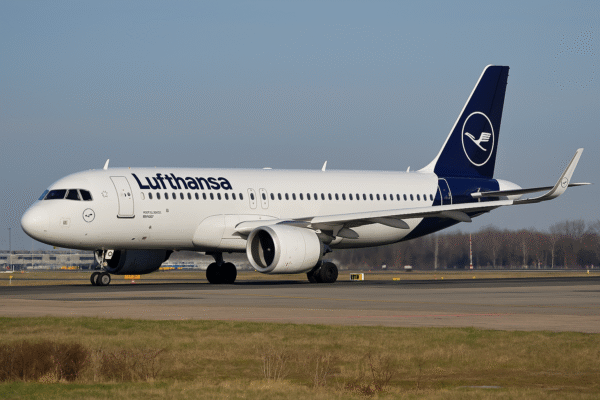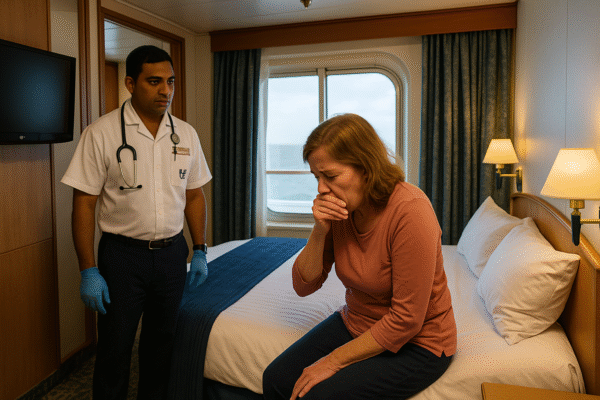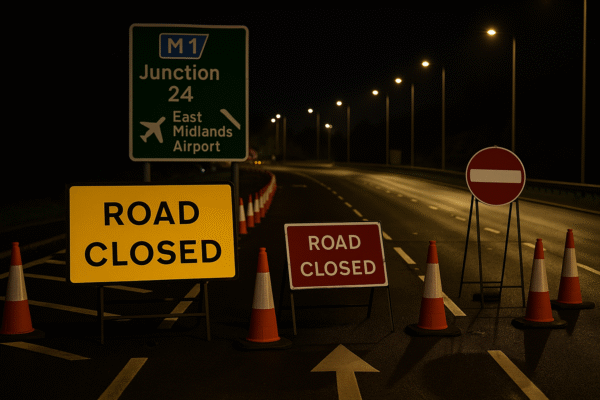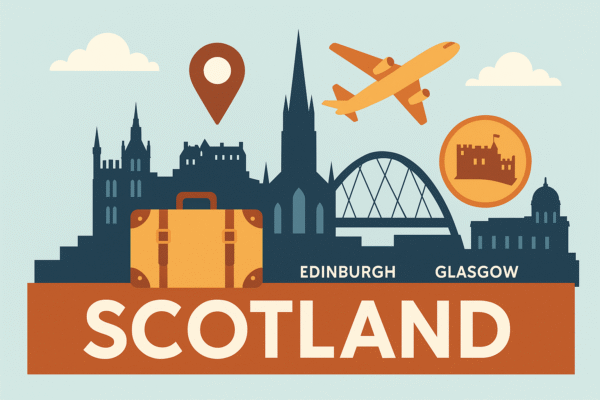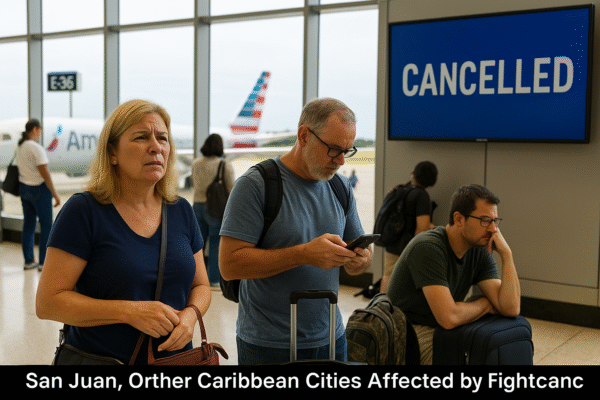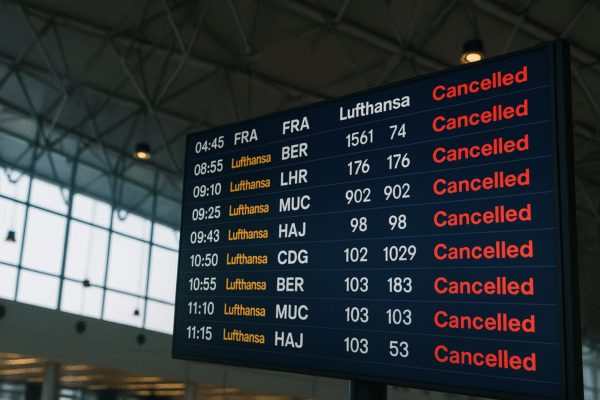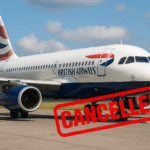Germany’s tourism sector, one of Europe’s strongest travel markets, has faced a sudden setback after Lufthansa, the country’s flagship airline, announced the cancellation of 10 scheduled flights. The disruption, affecting major airports in Frankfurt, Berlin, Munich, and beyond, has not only stranded travelers but also raised concerns about the broader implications for Germany’s tourism economy.
The Disruption: What Happened
On Sunday morning, Lufthansa confirmed that several of its flights had been grounded due to a probable cyberattack targeting automated systems. This technical incident paralyzed critical check-in and boarding services, leading to long delays and canceled departures. Airports most affected include Frankfurt, Berlin, and Munich in Germany, as well as London Heathrow and Paris Charles de Gaulle.
Among the canceled flights were key connections between Germany’s busiest hubs, including Frankfurt to Berlin, Frankfurt to Munich, and Munich to Frankfurt. International travelers were also hit hard, with flights to and from London and Yerevan canceled.
For passengers, the cancellations meant hours of waiting, uncertainty about rebooking, and missed connections for further travel across Europe. Tourists in particular were left in limbo, with many struggling to find new routes to their destinations.
The Impact on Travelers
Passengers flying with Lufthansa experienced major inconveniences:
- Missed connections: Travelers heading to other European or long-haul destinations lost valuable connections.
- Uncertainty and stress: Many stranded passengers received little real-time communication about rebookings or compensation.
- Extended waiting times: Manual check-in processes significantly slowed down airport operations.
Tourists arriving for leisure trips faced extra hurdles, while business travelers had to quickly adapt their schedules. This disruption highlights how dependent Germany’s tourism sector is on reliable aviation infrastructure.
Why Germany’s Tourism Industry Feels the Pressure
Germany is one of Europe’s most visited countries, welcoming millions of international tourists every year. Frankfurt serves as a global transit hub, Berlin draws history enthusiasts from around the world, and Munich is famous for its beer gardens and the world-renowned Oktoberfest. With reliable flight connectivity forming the backbone of this tourism economy, cancellations such as these present an immediate challenge.
Short-term consequences include fewer hotel bookings, delayed group tours, and reduced restaurant and event attendance. For visitors planning once-in-a-lifetime trips — whether to walk through Berlin’s historic streets, admire Munich’s art galleries, or attend cultural festivals — disruptions at this scale can alter entire itineraries.
Long-Term Concerns for Tourism and Reputation
While the direct cancellations may only affect a few thousand passengers, the long-term effects could ripple across Germany’s tourism landscape. Germany’s reputation for punctuality and efficiency has always been a draw for international visitors. Recurring incidents like this — especially if caused by cyberattacks or unstable systems — risk shaking traveler confidence.
Large cultural events could also be impacted. Oktoberfest, which brings millions of global tourists each autumn, depends heavily on Lufthansa and German airports for seamless arrivals. Similarly, business conventions, concerts, and other international gatherings may see attendance drops if flight reliability becomes a persistent issue.
Lufthansa’s Response
Lufthansa has apologized for the disruption and emphasized that it is working to restore normal services as quickly as possible. The airline has been rebooking affected passengers, offering assistance at airports, and urging travelers to check real-time updates through its website or mobile app.
In the meantime, passengers are being advised to arrive at airports earlier than usual to account for possible delays from manual check-in procedures. The airline is also exploring additional safeguards to protect its systems from future cyber threats.
How Passengers Can Manage Travel Plans
For travelers planning trips to Germany in the coming weeks, a few precautions can minimize stress:
- Check flight status frequently through the airline’s official app before leaving for the airport.
- Arrive early, as longer queues at check-in and security are expected.
- Consider alternate routes, such as connecting through less-affected airports, especially when traveling to major German tourist destinations.
- Stay flexible with itineraries, especially if attending festivals or guided tours that cannot be easily rescheduled.
The Road Ahead
Despite this setback, Germany remains one of Europe’s most resilient tourism markets. Authorities and airlines are likely to increase security measures to prevent similar disruptions in the future. While immediate passenger frustration is evident, tourism experts believe that Germany’s strong cultural appeal — from Berlin’s museums to Bavaria’s castles — will help the sector recover.
Still, the incident serves as a reminder of the delicate link between aviation stability and tourism growth. For travelers, this may mean adjusting expectations and preparing for occasional challenges when flying with major European carriers.
As the situation evolves, the tourism industry in Germany will watch closely how Lufthansa manages recovery efforts and ensures that both leisure and business travelers continue to view the country as a top destination.
For more travel news like this, keep reading Global Travel Wire



